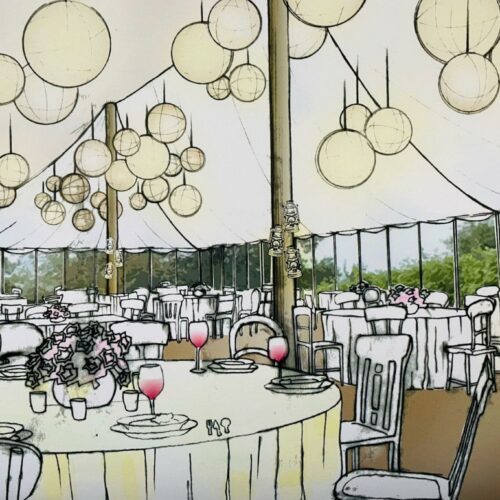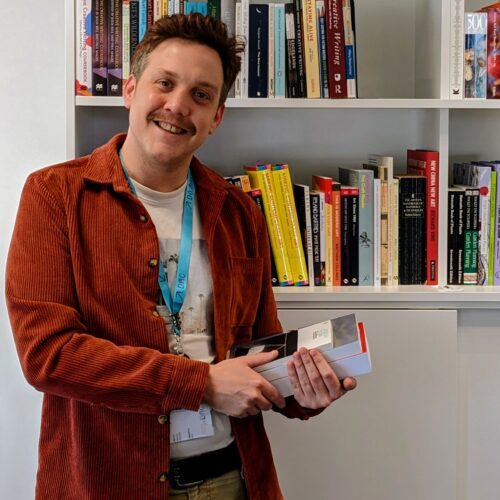
Ask the librarian
Want to maximise your access to research? Here are six open access resources that are sure to help you.
Open access is a term that usually refers to the open access publishing of research. It is research that is available online, unrestricted and free to read by anyone with an internet connection.
Core

Core.ac.uk is a search engine for open-access research repositories. It is a good way to find research published online by other universities.
All outputs can be accessed and downloaded free of cost and have limited re-use restrictions. In 2018, CORE became the world’s “largest open access aggregator site”. An aggregator website is a site that collects data from other sources across the internet and puts the information in one place where users can access it.
You can search the CORE content using a simple search. Rather than using the simple single search box provided, I recommend using the Advanced Search, which you find by first completing a simple search and then in your results page click on the Advanced Search link.

Creative Commons

Creative Commons isn’t a research resource but a set of licenses that give you permission to do various things, such as reuse and distribute content. A piece of work will clearly show that it is available under a Creative Commons licence, usually using a ‘CC’ symbol followed by additional symbols that explain what sorts of uses are permitted.
You can use Google to search for Creative Commons content, look for pictures on Flickr, and albums at Jamendo. The Wikimedia Commons, the multimedia repository of Wikipedia, is a core user of CC licenses as well.
There are a total of seven different CC licenses:
![]()
- CC0, which releases content to the public domain. You’re free to do whatever you wish with this, and you don’t even have to attribute the work to anyone. It’s basically gifted to you (and everyone else).
![]()
- CC BY (CC Attribution), which allows you to use, share, and modify a work as long as you give credit to the original creator.
![]()
- CC BY-SA (CC Attribution-ShareAlike), which allows you to use, share, and modify a work as long as you give credit to the original creator, and you share any of your modifications with the same (or compatible) license. Wikipedia uses this license for their content.
![]()
- CC BY-ND (CC Attribution-NoDerivatives), which allows you to use and share a work as long as you give credit to the original creator, but you’re not allowed to make modifications to it.
![]()
- CC BY-NC (CC Attribution-NonCommercial), which allows you to use, share, and modify a work as long as you give credit to the original creator, and you agree to not sell that work or any modifications you create from it.
![]()
- CC BY-NC-SA (CC Attribution-NonCommercial-ShareAlike), which allows you to use, share, and modify a work as long as you give credit to the original creator, and you agree to not sell that work or any modifications you create from it. You also agree to share your modified work with the same (or compatible) license.
![]()
- CC BY-NC-ND (CC Attribution-NonCommercial-NoDerivatives), which allows you to use and share a work as long as you give credit to the original creator, but you’re not allowed to make modifications to it. You also agree to not sell that work. TED Talks videos use this license.
Google Scholar

Google Scholar has become one of the primary places to find scholarly research online. It includes content such as academic journal articles, conference papers, theses and dissertations, academic books and other research literature. Many are available in pdf format.
Rather than using the simple search box, I recommend using the Advanced Search, which you find by clicking the three lines on the right-hand side of the home page.

The Advanced Search lets you restrict your search by author name, journal name, and publication date. If you only want to view research that is freely available online, simply type pdf at the end of your search phrase and only research that has a pdf version available online will appear in your results.
Open Culture

Open Culture brings together cultural and educational media for the learning community with a focus on the arts. Their mission is to centralize this content, curate it, and give you access to the content. Their collection includes online courses, movies, free audio books and free eBooks.
To search on a topic, click on the search tool on the right-hand side of the home page.

Unfortunately, the site doesn’t appear to have an advanced search option, which is disappointing. To help narrow down your searches you can use Boolean Operators to search for content as well as quotation marks ” ” e.g. to search for articles on Creative Writing in the search window. Using ” ” instructs the database to search for the full title “Creative Writing” and not search for just Creative or just Writing.
ResearchGate
![]()
ResearchGate is a social networking site for researchers to share papers, ask and answer questions, and find collaborators. It provides a platform to communicate and share research with colleagues in your field, with the goal of helping the progress of research.
When setting up your own free profile, you indicate the subject areas you want to focus on.
ResearchGate’s search function does not offer many ways to refine your search. So, remember, to help narrow down your searches you can using Boolean Operators as well as quotation marks ” ” as described above.
Ted Talks
![]()
TED is a non-profit organisation devoted to spreading ideas, usually in the form of short, powerful talks (18 minutes or less). A TED talk is a video created from a presentation at the main TED (technology, entertainment, design) conference or one of its many satellite events around the world. TED talks are limited to a maximum length of 18 minutes but may be on any topic. You can search using phrases, under topics and specify a language.
This list is by no means complete! I’ve concentrated on sharing some of the larger, free and more art and design focused resources.
Be sure to visit your local public and/or academic libraries to do more research. They offer access to subscription research databases that aren’t always available online.
Have you discovered other online sources for new research, maybe focused in your own subject area? If so, please share them in the Comment field.
|
|







Thank you, very useful. I was aware of some of these, but by no means all.
This is fab! Thanks Helen!
Very helpful, thank you